Thomas Edward Lawrence was born in 1888. Educated at Oxford, hewas later made a research fellow of All Souls College. During WorldWar I he was attached to the Hejaz Expeditionary Force and latertransferred to General Allenbys staff. In 1921 he became Advisor onArab Affairs in the Colonial Office. In 1927, uncomfortable with hisLawrence of Arabia legend, Lawrence joined the RAF. He was killed in amotorbike accident in 1935 at the age of 47. Author of the classic SevenPillars of Wisdom and its abridged version, Revolt in the Desert (TaurisParke Paperbacks), Lawrence also wrote a prose translation of Homers Odyssey .
A severely chiselled picture of barrack life: Joycean in style, sometimes brilliant inevocation, structured as a series of set-pieces, showing a decided advance in controlover Seven Pillars of Wisdom .
Irving Howe
The Mint , written in a very different style to Seven Pillars of Wisdom , is, likeSolzhenitsyns One Day in the Life of Ivan Denisovich , a work of observation writtenby a highly intelligent man who found himself effectively imprisoned. Lawrencedistilled its spare descriptions from events that he had witnessed over and overagain.
Jeremy Wilson
Tauris Parke Paperbacks is an imprint of I.B.Tauris. It is dedicated to publishingbooks in accessible paperback editions for the serious general reader within a widerange of categories, including biography, history, travel and the ancient world. The listincludes select, critically acclaimed works of top quality writing by distinguishedauthors that continue to challenge, to inform and to inspire. These are books thatpossess those subtle but intrinsic elements that mark them out as somethingexceptional.
The Colophon of Tauris Parke Paperbacks is a representation of the ancient Egyptianibis, sacred to the god Thoth, who was himself often depicted in the form of this mostelegant of birds. Thoth was credited in antiquity as the scribe of the ancient Egyptiangods and as the inventor of writing and was associated with many aspects of wisdomand learning.
The Mint
Lawrence after Arabia
T. E. Lawrence
Newpaperbackeditionpublishedin2016by
TaurisParkePaperbacks
AnimprintofI.B.Tauris&CoLtd
London

NewYork
www.ibtauris.com
Firstpublishedinalimitededitionof50copiesfromaposthumoustranscriptionofanunrevisedtypescriptbyDoubleday,Doran,NewYork,in1936.ThisrevisedtextwasfirstpublishedinGreatBritainfromafinaltypescriptbyJonathanCapeLtdin1955.
Textusedforthiseditionpublishedin1978byPenguinBooks
CopyrightIntroductiontotheNewEdition2016AnthonySattin
Coverimage:T.E.LawrenceintheRAFc.1930BridgemanImages(front);RAFBristolF.2bFighters,publicdomain(spineandback)
TherightofAnthonySattintobeidentifiedastheauthoroftheIntroductiontotheNewEditionhasbeenassertedbyhiminaccordancewiththeCopyright,DesignsandPatentsAct1988.
Allrightsreserved.Exceptforbriefquotationsinareview,thisbook,oranypartthereof,maynotbereproduced,storedinorintroducedintoaretrievalsystem,ortransmitted,inanyformorbyanymeans,electronic,mechanical,photocopying,recordingorotherwise,withoutthepriorwrittenpermissionofthepublisher.
ISBN:9781784535414
eISBN:9781786720160
ePDF:9781786730169
AfullCIPrecordforthisbookisavailablefromtheBritishLibrary
AfullCIPrecordisavailablefromtheLibraryofCongress
LibraryofCongressCatalogCardNumber:available
TO
EDWARD GARNETT
You dreamed I came one night with this book
crying, Heres a masterpiece. Burn it.
Well as you please
Contents
Introduction to the New Editionby Anthony Sattin
O n the morning of Wednesday 30 August 1922, a 34-year-oldman by the name of John Hume Ross paced uneasily outsidethe door of 4 Henrietta Street in Londons Covent Garden.Short and fair-haired, with a long jaw and tough, wiry body,Ross had applied to enlist in the Royal Air Force: the 10.30appointment was to process his application and assess hismedical condition. This was standard procedure for any newrecruit wanting to enlist. But Ross was not just any newrecruit.
For one thing, he had spent two hours pacing upand down a filthy street, lips and hands and kneestremulously out of control, my heart pounding in fearof that little door through which I must go to join up.
Ross was to write a two-page description of the interviewduring which he was told to make himself as tall as he could presumably standing on tiptoes to reach the minimum heightrequirement for new recruits of five foot six inches. He also revealedthat his body was scarred, that he had nerves like a rabbit andwas suffering from malnutrition. I thought I was fitter, Ross laterwrote to Swann by way of an apology for the mess he had madeof the interview. My teeth were never any good, so the doctorsthrew me straight downstairs again. There Dexter caught me, andlent me what was no doubt his right hand to steer me past themedicalIfI had known I was such a wreck Id have gone off and recovered beforejoining up.But with the help of the Air Vice-Marshal, Ross was acceptedas an aircraftsman, given a service number of 352087 andsent to the RAF Depot at Uxbridge for training.
The wreck of a man who enlisted as Ross had beenchristened Thomas Edward Lawrence. He had been brought upin Brittany, the New Forest and then Oxford, where he attendedthe High School and Jesus College, graduating in 1909 witha First Class degree in medieval history. The following year hejoined the British Museums archaeological dig of the ancientHittite city at Carchemish on the Euphrates, on what is now theborder between Turkey and Syria. During four formative years,between the ages of 22 and 26, he lived at the dig, where he builtand furnished a large house, travelled through the region downto Cairo, across the Sinai Desert to Aqaba, up to the Ottomancapital of Constantinople, and over the mountains to Beirutand Damascus. Aleppo had been his closest place of repose andhe was a regular visitor to the citys Barons Hotel and to theBritish Consulate, where he became close friends with the Consul,Raphael Fontana and his wife Winifred. As well as acquiring anunderstanding of the landscape and how best to travel across it,he also learned Arabic (although exactly how fluent he becameremains unclear), developed a rapport with Arabs and Kurdsin the region, had a fascination for the past and fed dreams forhis immediate future. Writing to one of his university friends atthe end of 1913, he admitted that he had become a lotus-eater:I have got to like this place very much: and the people here five or six of them and the whole manner of living pleasesme.He had also become extremely close to one young Syrianin particular, a teenager named Dahoum, whom he hadadopted as his protg, helping to educate him. UnderLawrences tutelage, Dahoum rose from being the most juniorof the workforce in 1910 to one of the four headmen in 1913.
The war changed everything. Lawrence had been watchingthe gradual crumbling of the Ottoman Empire, and the viewfrom one of its more remote provinces allowed him to indulgethe hope that he might be able to help Dahoum and hispeople, the Arabs, towards some sort of independence.Later, in Seven Pillars of Wisdom , his account of the ArabRevolt, Lawrence claimed that I had dreamed, at theCity School in Oxford, of hustling into form, while I lived,the new Asia which time was inexorably bringing uponus.

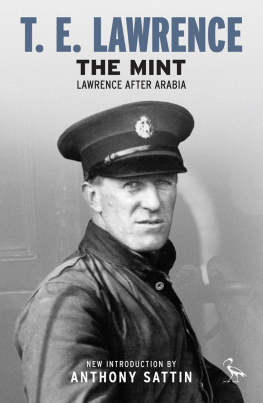
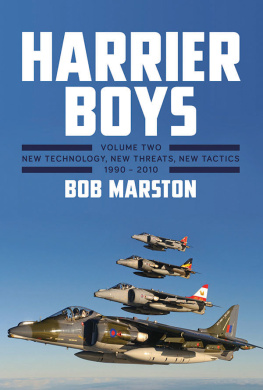

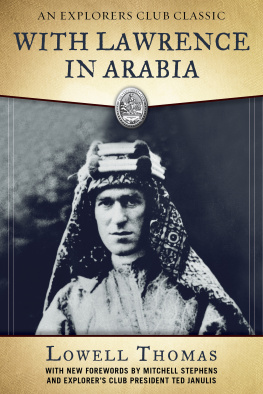
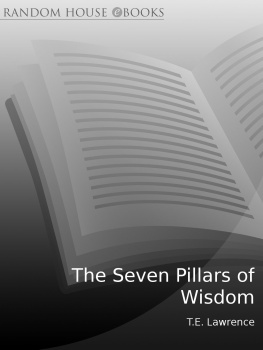
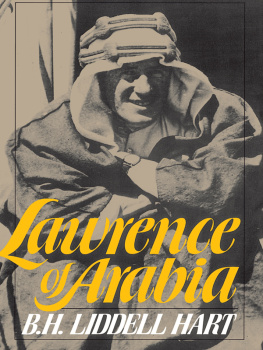

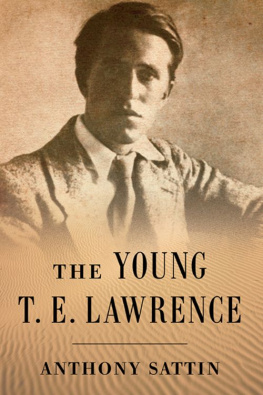
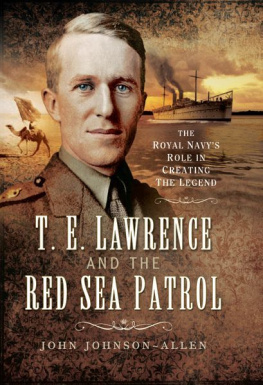
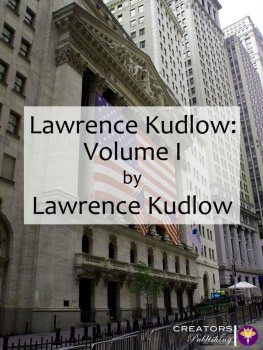
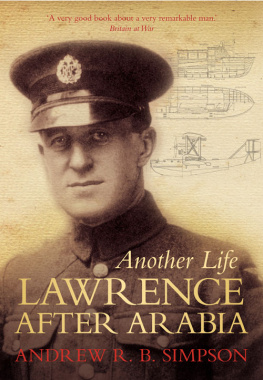

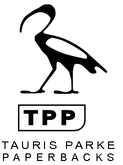
 NewYork
NewYork